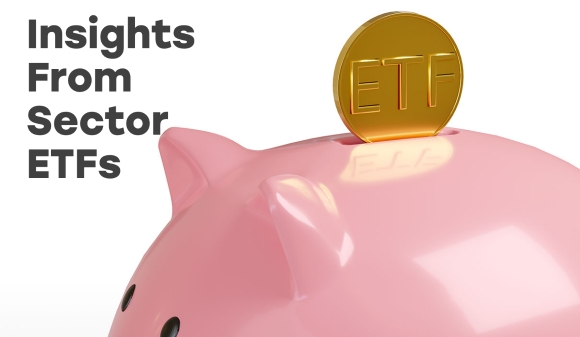Insights From ETFs: Rules of Thumb for Tax-Efficiency in a TFSA

Just as with non-registered accounts and Registered Retirement Savings Plans (RRSPs), withholding tax on foreign dividends is the primary aspect to focus on when tax-efficient in a Tax-Free Savings Account (TFSA.)
ETF Industry Leader
However, with a TFSA, there is less figuring out to do as the withholding rules are quite simple — there is only one rule to remember: Withholding taxes on foreign dividends are not recoverable.
We find this simplicity reflects the general nature of TFSAs (i.e., no tax on investment income, withdrawals are tax-free, and no tax deductions on contributions). Withholding tax on foreign dividends (both U.S. and international) is the only exception to pay attention to. These withholding taxes are not recoverable, nor are they tax-exempt. It’s simple to remember, but it also means that TFSAs are not as tax-efficient for foreign dividend-paying Exchange-Traded Funds (ETFs) and rather, are a great place to hold Canadian dividend stocks. However, if an investor’s TFSA contribution room is limited, a non-registered account is arguably the better place to hold high-paying Canadian dividends, given the dividend tax credit that investors can take advantage of. Meanwhile, an investor can hold other types of investments in a TFSA.
Low-paying dividends for international & U.S. exposure
in a TFSA makes sense
While Canadian equities are truly tax-free in a TFSA (both capital gains and dividends), this does not mean you should not invest in international or U.S. securities. We always go back to asset allocation as the primary focus when making portfolio decisions. Likely, an investor will want some U.S. or international exposure and should not avoid getting that exposure for the sake of not paying withholding tax at all. However, we think it is appropriate to prefer low-paying dividend stocks (or growth stocks that pay a small or no dividend) when getting foreign equity exposure in a TFSA. In addition, Canadian-listed ETFs that hold the foreign exposure directly (not through another U.S.-listed ETF) are preferred since there would otherwise be a double layer of withholding tax (one from the foreign country and one from the U.S.), and none of these taxes would be recoverable. For example, an investor looking for emerging market exposure can hold BMO MSCI Emerging Markets Index ETF (ZEM) as opposed to FTSE Emerging Markets All Cap Index ETF (VEE) in their TFSA since VEE holds the U.S.-listed Vanguard Emerging Markets Stock Index Fund ETF (VWO).
Stable growth works well in a TFSA
While some may argue a TFSA is a great account to hold more speculative investments, a counter-argument would be if an investor experiences heavy losses from risky investments, they would have “wasted” contribution room (since only deposits are counted, not your current balance) and cannot take advantage of any tax-loss selling. The main advantage of a TFSA is saving on capital gains tax, but there is nothing you can benefit from in the case of a capital loss. A non-registered account would be a better candidate for risky investments, given the ability to offset losses with capital gains to create savings on your total tax bill. For this reason, it would make more sense for an investor to focus on increasing the probability of yearly gains, even if it means going for slower and more stable growth. However, a focus on growth and capital gains in a TFSA still likely means taking on higher risks than with a dividend focus. A large-cap growth focus with an ETF like iShares NASDAQ 100 Index ETF (XQQ) (from our ETF Recommended List) we think could be a good approach for many TFSA investors.
Premium bonds
In our previous article on tax-efficiency in non-registered accounts, we discussed how it is most tax-efficient to hold discount bonds, given the lower interest income and higher potential capital gains. However, since interest is not taxed in a TFSA, it would make sense to hold conventional premium bond ETFs that pay higher interest income tax-free. These investments could also be held in an RRSP due to the tax-sheltered nature of both accounts.
These are main themes we would focus on in a TFSA to achieve some tax-efficiency. As always, we would always prioritize asset allocation over tax-efficiency, so we would view the ideas discussed more as ways to optimize overall portfolio returns, rather than a basis for investment decisions. In our previous article on tax-efficiency, we discussed non-registered accounts, and we will be discussing RRSPs in a future issue. Stay tuned!
Disclosure: Authors, directors, partners and/or officers of 5i Research have a financial or other interest in XIT and ZRE.


